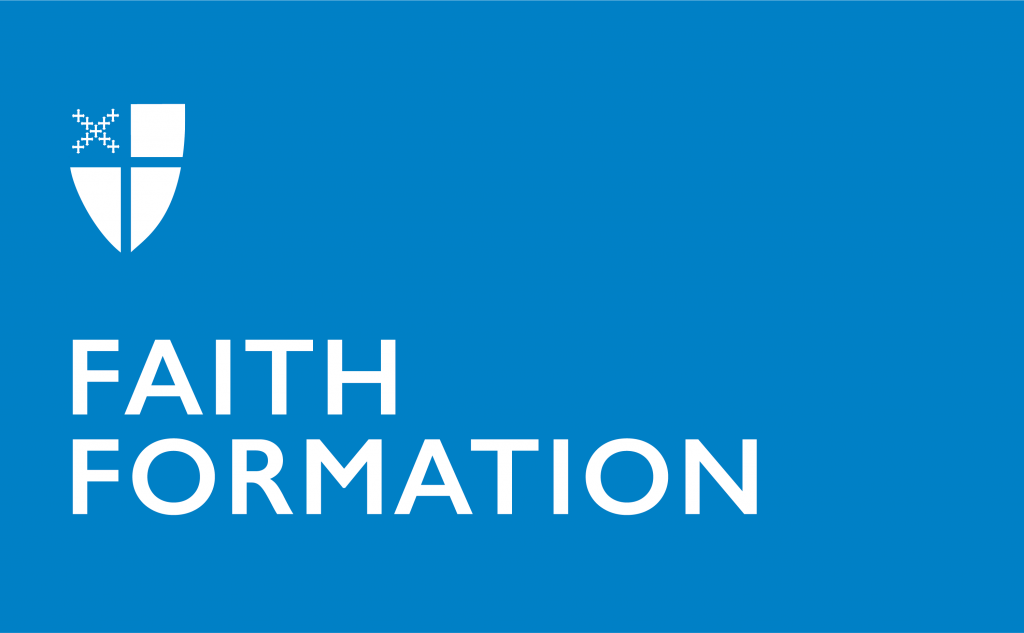Collaborative Formation Programming: It's about the questions
Today we welcome back guest blogger Jenny Beaumont, who serves as the Director of Adult Spiritual Formation for Christ Episcopal Church in Charlotte, North Carolina. This is the final article in a 3-part series by Jenny on formation programming based in small groups.
It’s about the Questions, really!
Sometimes facilitators feel like they need to have all the answers before they lead a group discussion. The good news is that you don’t have to have all the answers… just some questions. Facilitating a discussion group with adults is all about the questions—not the answers.
What makes a good discussion?
We all know that good discussions don’t flow from simple questions. The discussion needs to guide participants to make connections between their lives and the passage being studied. The questions that the leader asks guide that discussion.
Creating and Crafting Strong Questions
So how do you create your own questions that lead the group to a deeper conversation? How can participants make connections to their own lives? The answer: 3 simple steps!
It takes some practice and planning at first, but soon you will be creating these questions on the fly!
- Read the passage paying attention to the setting and the people in the passage.
- Look for actions of the characters in the Bible passage and the situations which the characters find themselves. Look around the story…. What is happening around the main characters?
- Sometimes we ask how would that feel to the person in the parable or story. Go further and turn the question to focus on the participants and wonder “what if these things happened in our lives?”
What can I learn from a Blind Man?
In story of Jesus Healing Bartimaeus (Mark 10:46-52) you might ask:
- The others in the crowd sternly ordered Bartimaeus to be quiet. The crowd could be seen as a distraction to Jesus ministry and to Bartimaeus journey of faith. What or who might be the distractions in our life? What are the obstacles when you are listening to God’s voice? What or where is the white noise in our life?
- How might it have felt for Jesus to pull you away from your friends? How can this apply in our lives? When should we show compassion and pull away from the group? How have you done this in the past?
- The Blind Man threw off his cloak. That would have been his most valuable possession. What might you need to throw off to begin a new life in Christ? What are you holding onto that needs to be thrown off? How will that be difficult? How will that be a good thing?
Leave time for insights and implications
At the end of the session remember to ask guiding questions that invite participants to reflect and connect. Perhaps ask, “How will this discussion change what I do today or tomorrow.” Making time for reflection acknowledges that many people don’t take the time to review outside the group setting or formal “lesson”. Allowing people the time to process a discussion and to come to some personal insights helps participants experience the relevance of scripture in their lives.
The painting above, titled Christ Healing the Blind (1567), is an oil on panel painting by the Spanish Renaissance painter, sculptor and architect El Greco.

